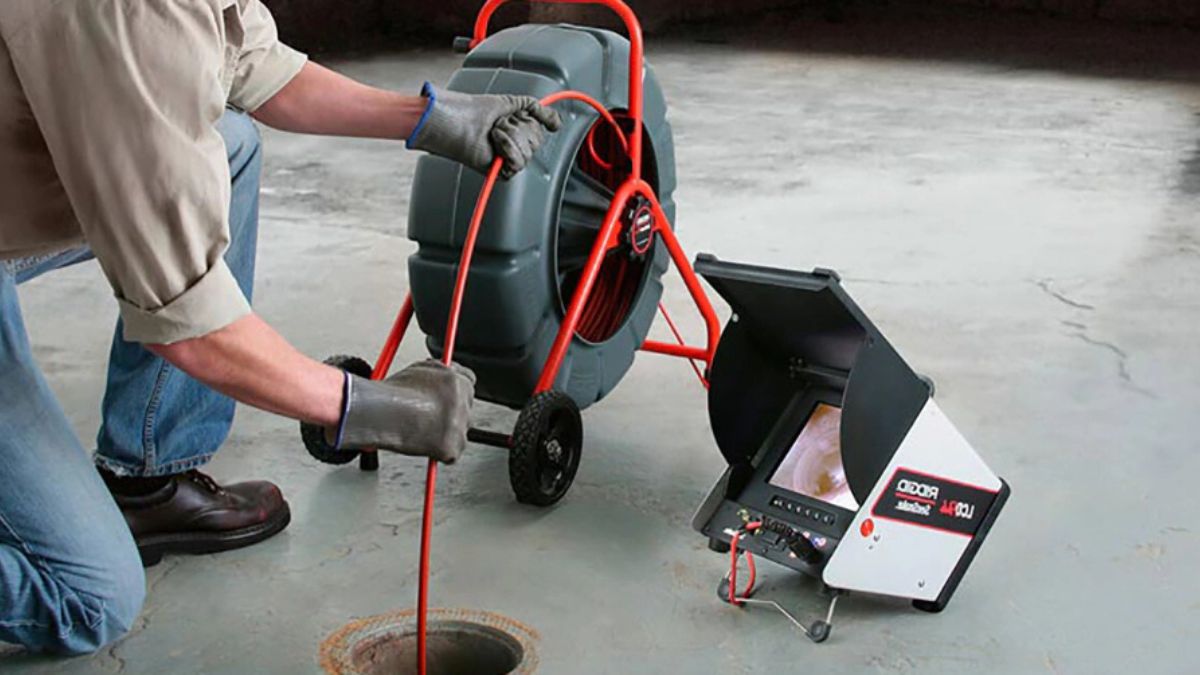The Power of Prevention: The Importance of Regular Sewer Inspections for Homeowners
Why Sewer Inspections Matter
In the hustle and bustle of everyday life, plumbing issues can be an unwelcome disruption, often leading to stress and potentially high repair costs. Regular sewer inspections are pivotal in averting such crises, playing a crucial role in maintaining the smooth operation of household systems. By identifying problems early, homeowners can take proactive measures, such as seeking sewer repair Brunswick, keeping little issues from growing into more significant, costly solutions. Regular inspections are not just about avoiding inconvenience; they are about preserving your home’s value and extending the life of your plumbing infrastructure.
How Often Should Inspections Be Done?
Determining the appropriate frequency for sewer inspections can often feel daunting, thanks to many influencing factors. Elements such as the age of your property, past sewer system issues, and local environmental conditions all shape this decision. Experts in the industry typically suggest that homeowners schedule sewer inspections every two to three years. This routine check-up ensures that hidden or emerging problems are identified and addressed, preventing potential disruptions. Moreover, regular inspections allow homeowners to stay abreast of the condition of their sewer systems, enabling them to plan maintenance and upgrades proactively, thus avoiding emergencies.
Different Methods of Sewer Inspection
- CCTV Camera Inspection: This modern technique uses unique cameras that provide a detailed view of the sewer lines’ interior. It helps spot precise issues like cracks, blockages, or corrosion, offering a clear picture without invasive digging.
- Smoke Testing: As a time-tested method, smoke testing identifies leaks and breaks by observing where smoke escapes from the sewer pipes, providing visual confirmation of potential issues in the system.
- Visual Inspection: Conducted by skilled professionals, this method allows for an above-ground assessment. It serves as a preliminary check to understand the system’s current condition and is often used with other methods.
Each method has advantages, and the choice typically depends on the home’s specific requirements and the suspected issues within the system. Employing the correct technique ensures an optimal resolution and extends the plumbing system’s lifespan.
Common Sewer Problems Detected Through Inspections
Through comprehensive sewer inspections, homeowners can uncover a range of common issues that may remain unnoticed until they cause significant damage. These issues include blockages from debris buildup, cracks caused by wear and tear, and tree root intrusions that disrupt the structure of the pipes. Frequent inspections allow homeowners to spot these issues early and take prompt action to prevent further harm. By taking quick care of these problems, homeowners may preserve the integrity of their plumbing systems and save a lot of money on repairs.
Benefits of Early Detection
Early diagnosis of sewer problems saves money and preserves the home’s structural integrity and aesthetic appeal. Timely interventions can prevent these issues from escalating into more severe problems that involve extensive repairs, bringing peace of mind to homeowners. By tackling minor issues early on, homeowners can ensure continuity in household activities without the disruption of unexpected plumbing failures. Moreover, this proactive approach helps adhere to local property regulations and maintain the overall hygiene and safety of the home environment.
